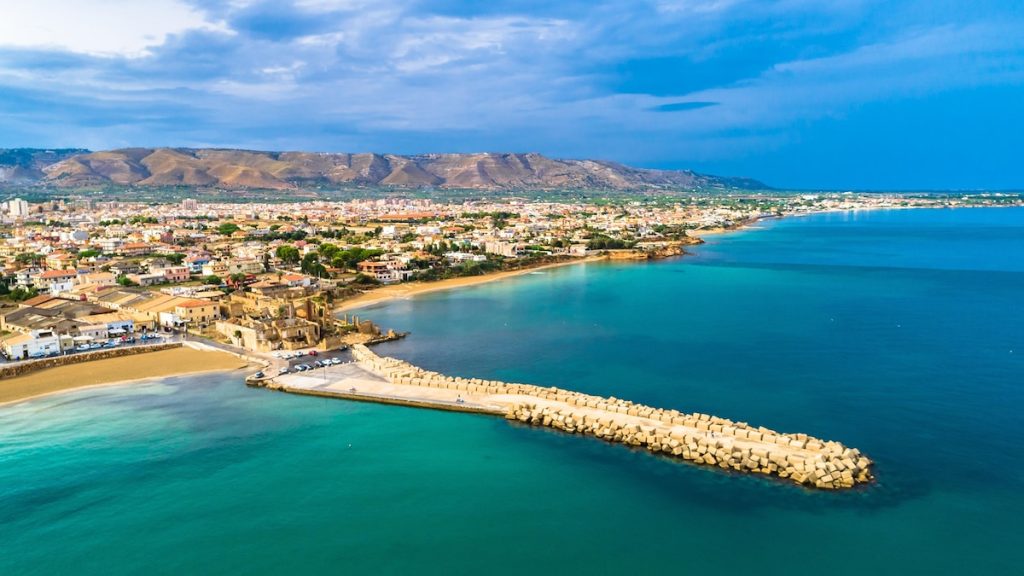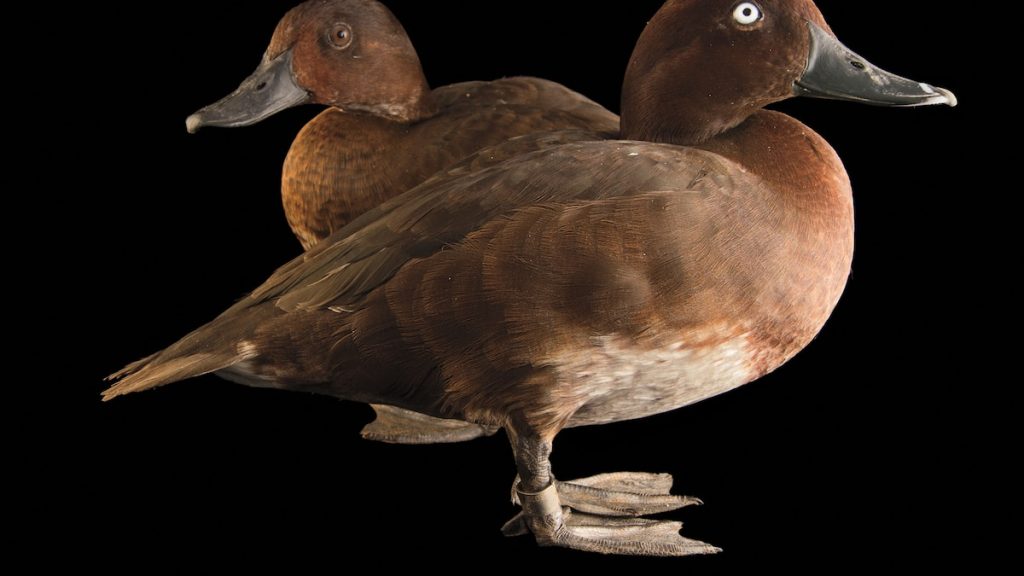Now Reading: Why Whale Urine Matters for Marine Ecosystems
-
01
Why Whale Urine Matters for Marine Ecosystems
Why Whale Urine Matters for Marine Ecosystems

Rapid Summary
- Scientists are learning more about the ecological importance of whales, notably through processes like the “whale pump,” which involves nutrient redistribution from deep ocean feeding to shallow waters.
- Recent research highlights that whale urine plays a critically important role in marine ecosystems by distributing nutrients like nitrogen across nutrient-poor tropical regions, stimulating phytoplankton growth and increasing photosynthesis rates.
- Migrating baleen whales, such as humpback and gray whales, collectively transport over 46,000 tons of biomass and almost 4,000 tons of nitrogen annually to tropical waters.
- Whale disturbances on the seabed release essential nutrients like phosphorus, nitrogen, and iron into water columns. Additionally, their carcasses create deep-sea mini ecosystems that sustain diverse organisms including bacteria and fish.
- Whaling has historically diminished whales’ ability to redistribute nutrients globally; their contribution today is less than one-third of its ancient potential.
- Threats such as ship strikes, pollution, overfishing practices, and climate change risk reducing whale populations further. Protecting these species is essential for maintaining marine ecosystem balance.
!Whale
Credit: Elianne Dipp from Pexels
Indian Opinion Analysis
india’s growing emphasis on sustainable environmental practices could align wiht global conversations about marine ecosystem preservation highlighted by this study. The findings underscore how large marine mammals contribute substantially to nutrient cycles and carbon sequestration-areas relevant for addressing climate challenges collaboratively with other nations.As India continues its efforts in coastal conservation (e.g., initiatives for mangroves or coral reef restoration), integrating whale conservation awareness could promote biodiversity preservation beyond land-based ecosystems. For instance, protecting regional migratory pathways may support transboundary eco-governance frameworks involving Indian ocean neighbors.
While whaling is no longer prevalent in moast countries including India due to international treaties like the IWC moratorium on commercial whaling (1986), educating stakeholders about indirect effects-like ship traffic or pollution-on whale survival would complement broader policies targeting human ecological footprint reduction.
The significance of combating threats posed by climate change resonates universally with India’s commitments under Paris Agreement goals. Cross-disciplinary collaborations between marine biologists domestically or globally might strengthen actionable insights into safeguarding both biodiversity hotspots near Indian waters while enabling healthy planetary functions benefitting humanity collectively.


























